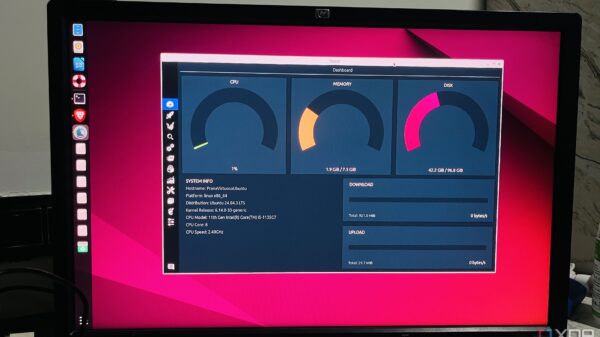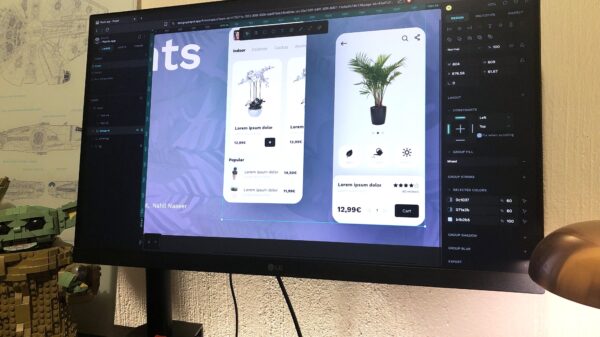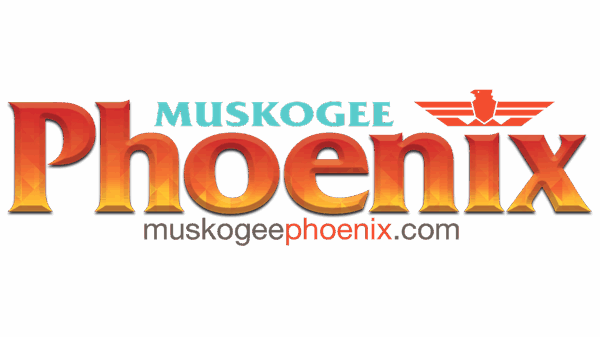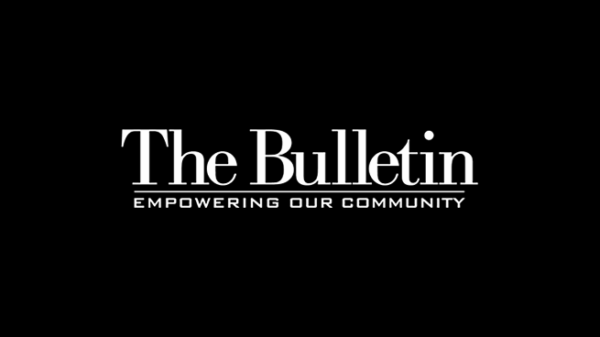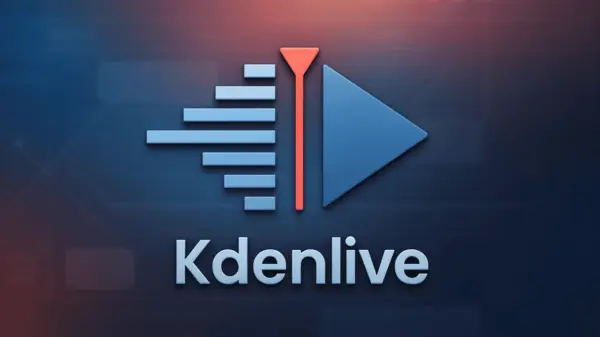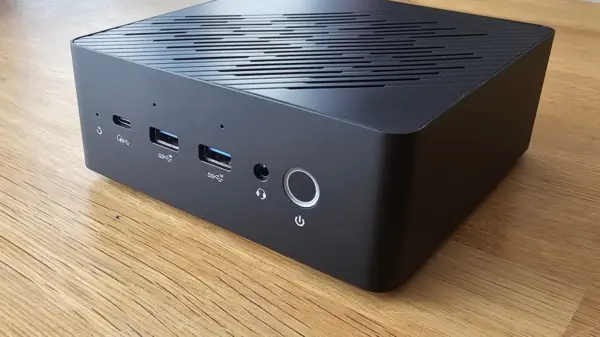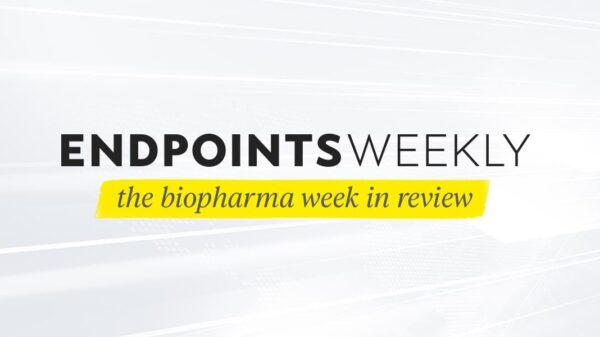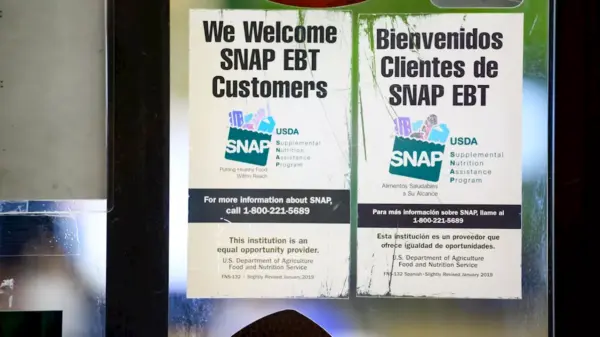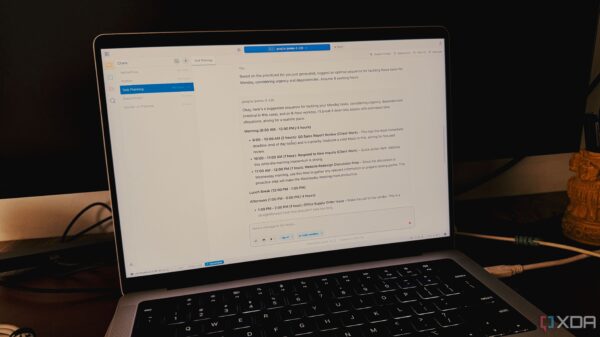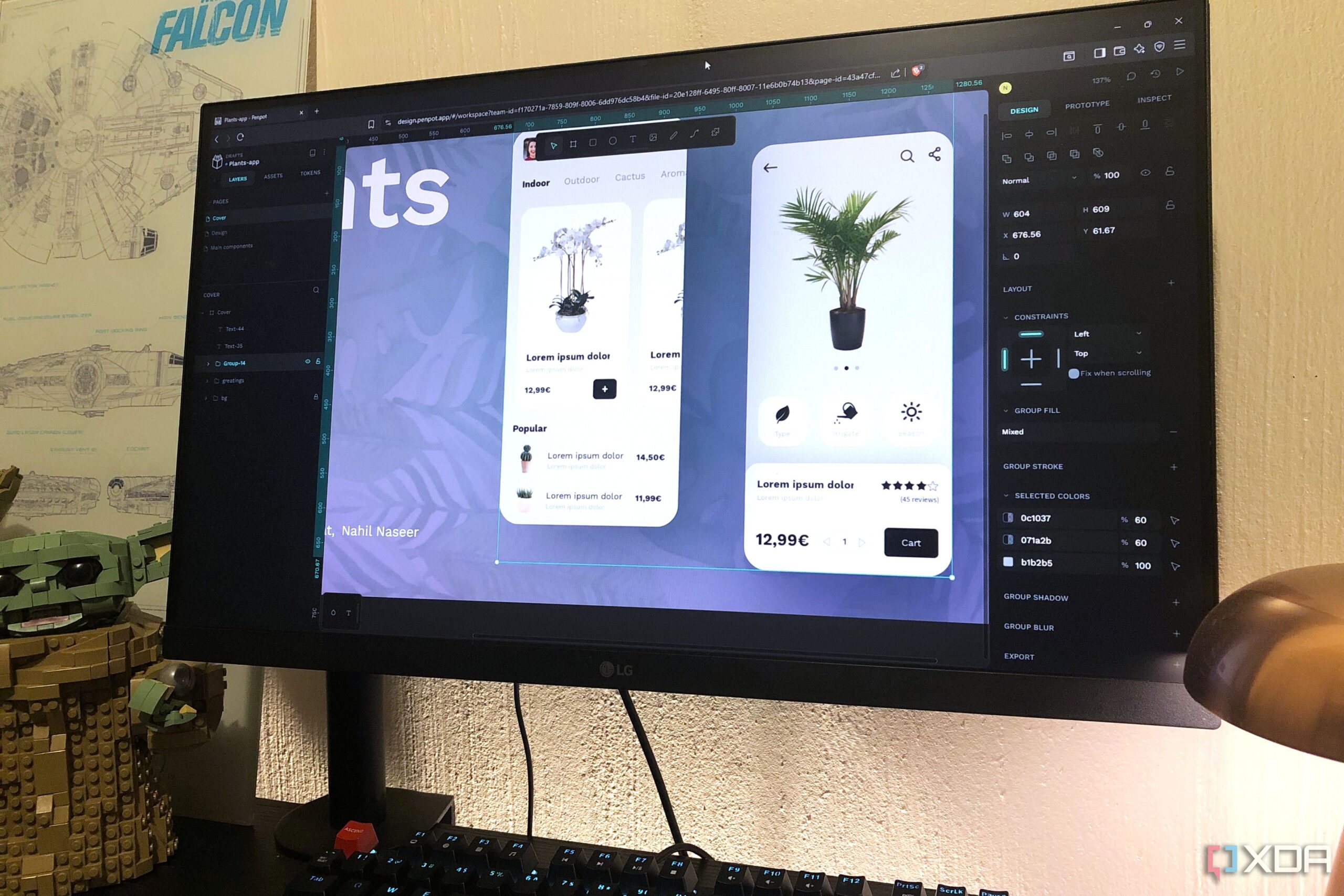UPDATE: A significant shift in the UI/UX design landscape has just occurred as designers increasingly abandon Figma in favor of Penpot, an open-source alternative. This change, driven by concerns over privacy and accessibility, is capturing the attention of professionals and hobbyists alike.
As of July 2023, users are expressing their preference for Penpot, which offers a powerful design experience without the paywalls and cloud dependencies associated with Figma. With a user-friendly interface similar to Figma, Penpot enables designers to self-host their projects, providing greater control over their work.
Penpot is fully browser-based, allowing users to access its robust features across any operating system without the constraints of software installation. This flexibility is particularly appealing to users with less powerful devices, such as Chromebooks, who can now perform advanced design tasks seamlessly.
Why This Matters NOW: The design community is rapidly embracing tools that prioritize privacy and control. With Penpot’s competitive features, including native CSS Grid support and free code inspection, many are questioning the necessity of Figma’s subscription model. As designers look for more accessible solutions, Penpot is emerging as a serious contender in the market.
In the face of Figma’s plugin-heavy ecosystem, Penpot offers a refreshing approach by integrating essential tools directly into its platform. Users can enjoy functionalities such as vector editing and collaboration without the need for additional plugins, which can complicate workflows. The community-driven updates further enhance Penpot’s appeal, ensuring it evolves with user needs.
Despite its advantages, Penpot is not without limitations. It currently lacks the extensive plugin ecosystem and integrations that Figma users have come to rely on, including connections with popular platforms like Notion, Jira, and Slack. Additionally, Penpot does not include a built-in whiteboard tool, which is a significant feature in Figma’s arsenal.
What’s Next: As this trend develops, industry watchers will be keen to see how Figma responds to the growing popularity of Penpot. Will they enhance their offerings to retain users, or will the rise of open-source tools reshape the design landscape permanently?
The shift from Figma to Penpot is more than just a simple tool preference; it reflects a broader movement towards open-source solutions that empower designers and foster community collaboration. As more users share their experiences and success stories, the momentum behind Penpot may continue to grow, making it a pivotal player in the future of design tools.
This urgent update highlights the evolving preferences in the design community, making it imperative for professionals to stay informed about the best tools available. As Penpot gains traction, the impact on the industry could be profound, altering how designers work and collaborate in a post-Figma world.


